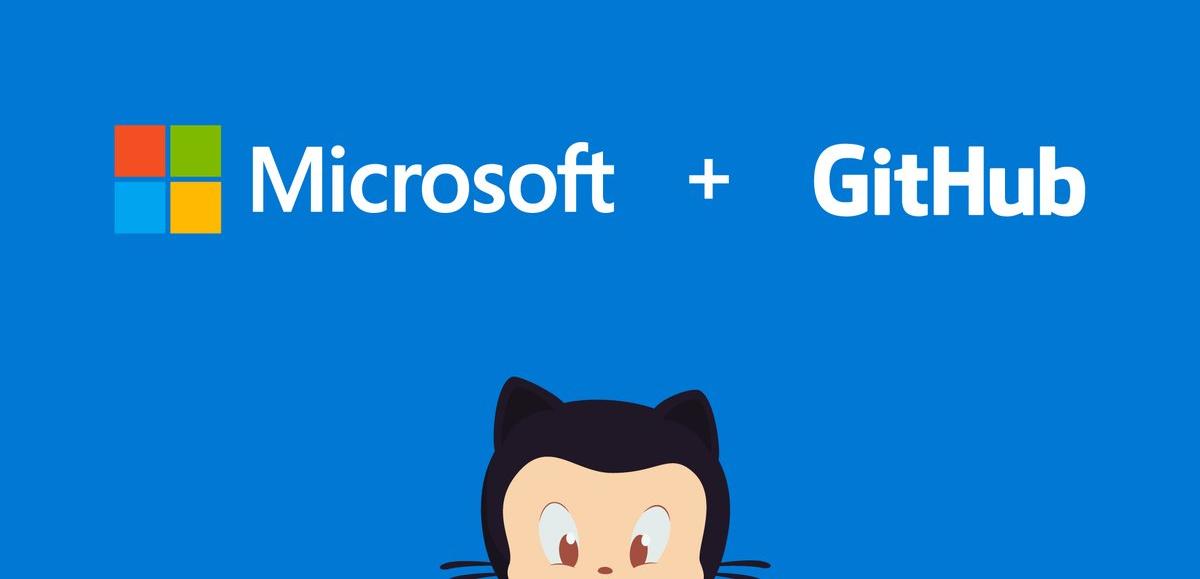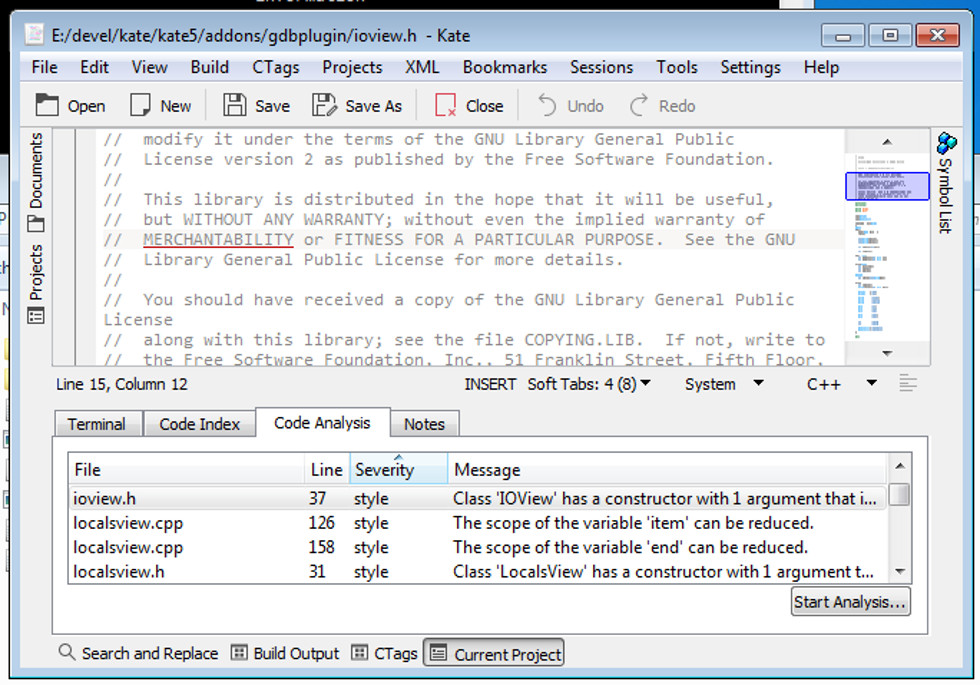Open source software is no longer the rebellious teenager or the underground subversive fighting behind the scenes for freedom and fairness. Not only has it become an accepted software development model,
There will never really be an end to the battle between free/open source software and proprietary software. But like almost anything in business, there is also some level of tense harmony between the two. To a large extent, open source software has won that war and is behind almost every imaginable software used in the world today. From Linux-based cloud servers to the smartphones in our pockets to the very tools used to develop those pieces of software, there is a trace of open source software and development there, visible or otherwise.
Companies have seemingly seen the light as well. Some have embraced the free and open source philosophy wholeheartedly while others simply see it as a way to “share” the burden of software development and maintenance with its own users. Others even simply open source some of their code as a publicity stunt. The biggest noise, however, come from the biggest companies, like long-time Linux hater Microsoft and re-emerging giant IBM.

Until recently, Microsoft’s stance on open source has always been characterized as vile and treacherous. Former CEO Steve Ballmer called Linux, the most prominent example of open source software, as a cancer. Redmond has also been accused of funding patent trolls that sue open source companies, especially those too small to defend itself. Microsoft has seemingly turned over a new leaf, professing its love for Linux outright, open sourcing some projects, acquiring GitHub, and even joining the Open Innovation to protect Linux against patent lawsuits. Ironically, some point out that Microsoft continues to fund patent trolls behind the scenes.
IBM’s case is less dramatic. To its credit, the company has been more Linux friendly than the likes of Microsoft or Apple. However, many see its acquisition of Red Hat as a desperate attempt at staying relevant in the Cloud Wars. And concerns about IBM forcing Red Hat into a certain direction, though sometimes exaggerated, are not entirely unfounded. It promises that Red Hat will remain independent, but bigger promises have been made and eventually broken in the name of profits and shares.

We are at a time when open source’ popularity means there are more new players coming on board, more companies open sourcing their software, and corporations buying smaller open source companies. This means that there are now even more people who are not familiar with the open source philosophy and culture. And some may even have cunning anit-open source plots set in motion. It’s no surprise that there exists some resistance, even pushback, over some of these developments that, on the surface, are supposed to be good for open source at large.
The fact that not everyone might share the open source spirit completely shouldn’t become a reason to shut certain groups out. Not everyone is born an open source advocate and, at one point or another, we all had to transition and learn and change our mindsets. Sometimes we fail, but we just get up again and learn. It’s no longer enough to just open the source code. We also have to keep our doors open, including to some suspicious-looking characters. We just have to also keep our eyes open and make sure we’re not blinded by the spotlight, remembering that while we might be getting some new and powerful and rich friends, some might not really be our friends at all.






I for one see it as something to avoid. But if we MUST mingle with these tech-giants of the industry? then just like they have rules in their corporate world? WE should have rules here in our open source community. The first and foremost? NO ONE controls open source. Period. You can bring whatever applications and software you want to the party, but….once you release it to the “Wild West” that is open source?…you relinquish control of it totally. No hidden agendas five years down the line…no attempts at shutting it down or claiming it was “stolen’ from you (Yeah…I’m lookin’ DEAD at YOU MICROSOFT!) I don’t necessarily like the IBM/Red Hat deal, but I will continue to keep an eye on them. (I’m an avid Fedora Linux user!) and if I even SUSPECT that IBM is trying to “steer” Red Had in a certain direction? I will remove it from my server and my laptop at home and will move over to Ubuntu. And if Ubuntu ever decides to let themselves be lured by cash?..I will move to Arch…Gentoo..Slackware…the options for ME are limitless, but the businesses that are “trapped” because they have so many servers running CEntOS…Ubuntu…OpenSuSE etc…well I feel sorry for them.
As for Microsoft? I don’t even want to go into it. Until they can PROVE they’re not funding patent trolls behind their backs? I want nothing of theirs intermingling with my Linux. So no…I’m NOT excited about WSL…or the fact that you can run Ubuntu, Fedora and OpenSuSE on their platform, I’m NOT interested in the applications they’ve released to the open source community, we have survived and created our OWN apps and they work just fine. To the point where we don’t need their office suite, their SQL apps, their coding/development apps, their audio/video apps nothing! And yeah…I realize I might sound a bit angry, but you know what? I’ve been using Fedora since 2002, and I’ve had to learn and work my way through so much stress and workarounds due to them making things “hard” for us INTENTIONALLY…so why should I just drop my guard and accept them with open arms? Nah….especially since I have everything I need already…no thanks to them. Microsoft can go jump off a cliff as far as I’m concerned.